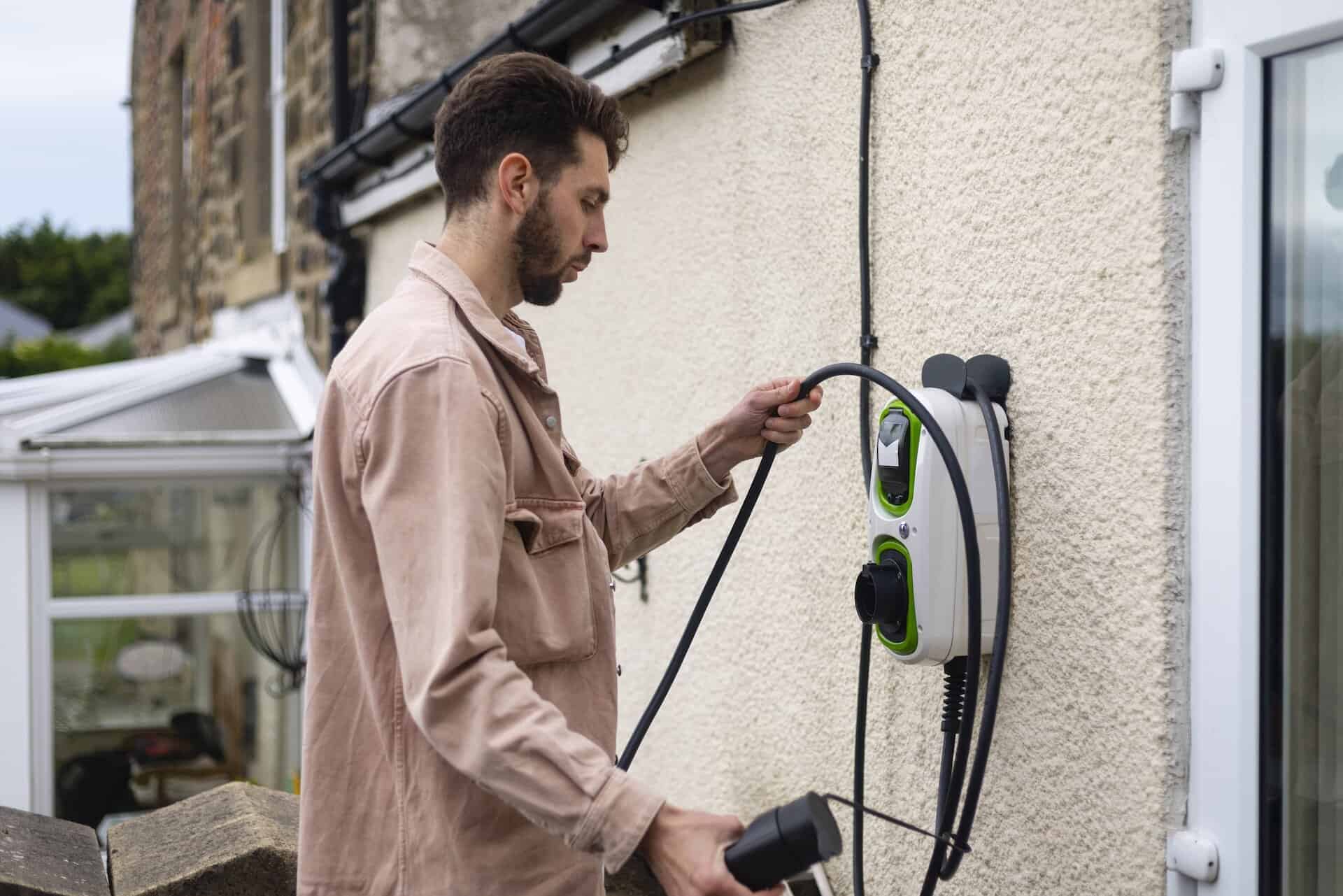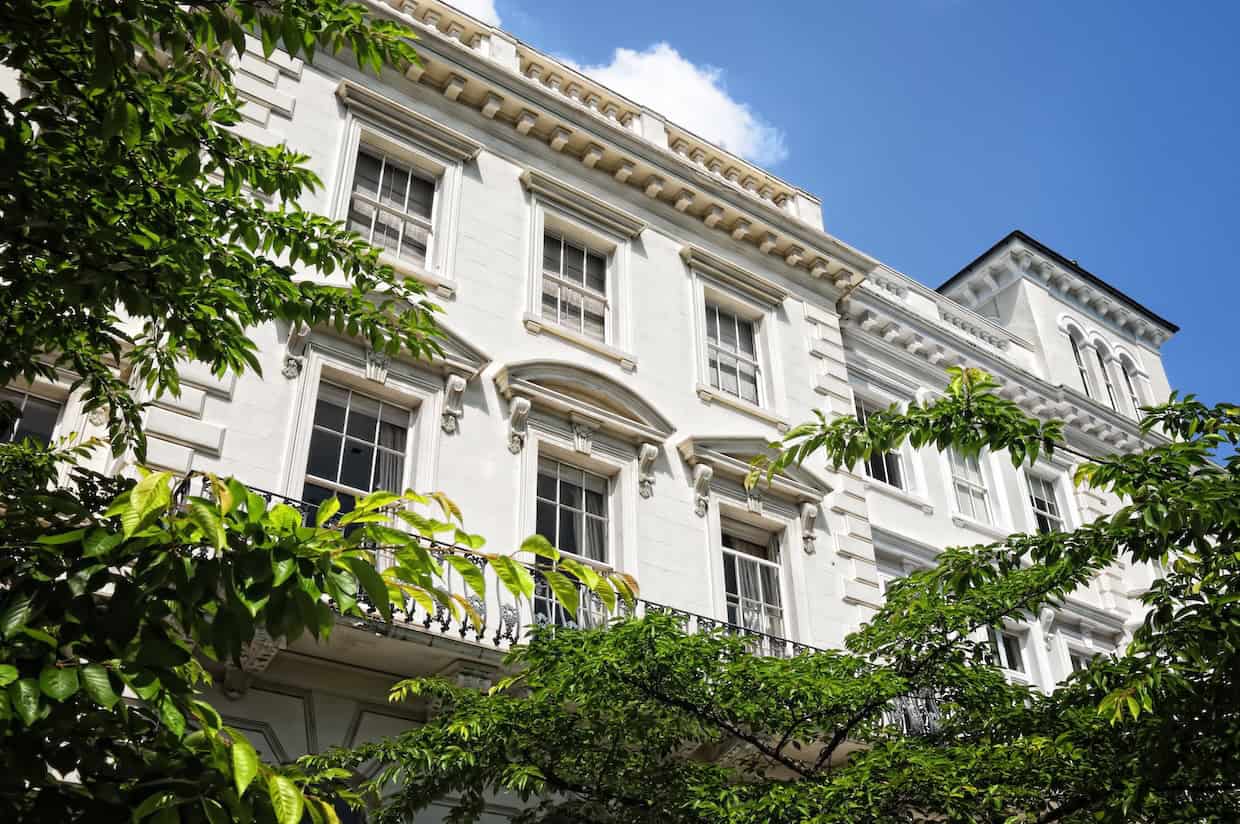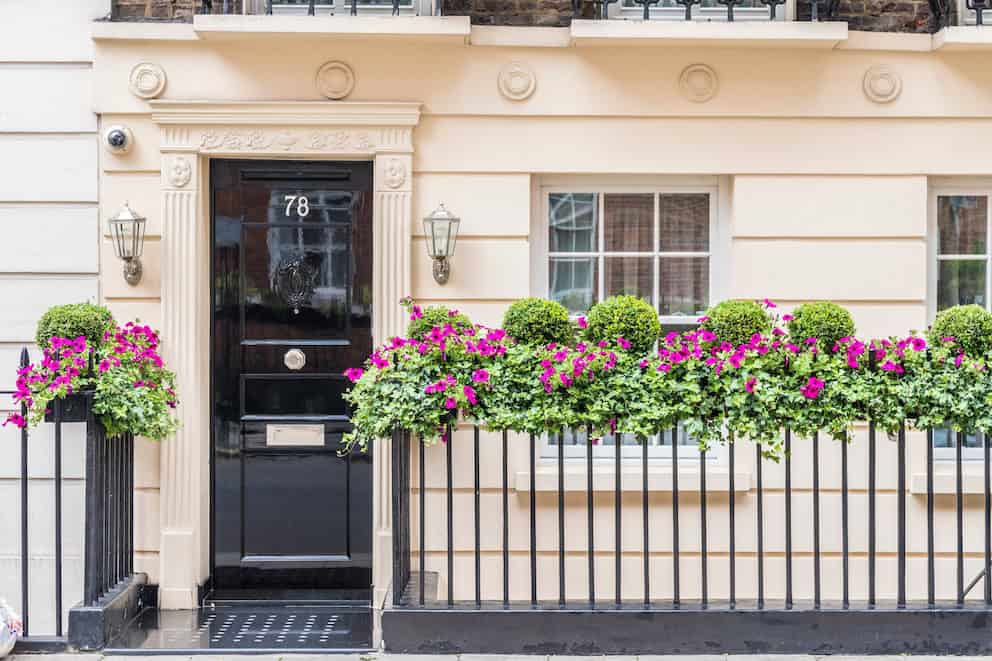
The Cost Breakdown of EV Charger Installation in West London
With the UK Government looking to phase out the sale of petrol cars within the next decade, electric vehicles are becoming commonplace on the streets of West London. As a result, this has created a huge demand for the installation of EV charging units attached to people’s homes and garages.
They may provide an additional expense to an already expensive EV purchase, but having your own EV charger comes with a range of benefits. It will stop you from having to make repeated trips to your local charging station while paying over the odds to fill up your car.
In this article, we’ll run you through the costs of having an EV charging station installed, outlining the factors that can cause these costs to rise.
Types of home EV charging methods
3kW
Your car will likely come with a plug that allows you to charge it from a standard home socket. There’s no installation required, although charging your car from a regular domestic plug will put a considerable amount of strain on your home’s electrics.
Plus, it will take a very long time to take your car’s battery from empty to full, often between 10-24 hours. It’s recommended that you avoid charging your car this way, unless in an emergency situation.
7kW
This is the standard level for home EV charging units, capable of filling up your battery within eight hours. Unlike the 3kW charging method, you will require a professional installation.
You’ll also have to choose the format of your EV charger, with tethered and untethered options available.
- Tethered: Tethered chargers come with a cable directly attached to the charger, offering a convenient charging solution. The cable will be suited to your car, meaning you may have to change the charger if you change your car. Tethered chargers are more expensive upfront, but some of this added cost will be offset by not having to purchase a separate cable.
- Untethered: Unlike tethered chargers, the cable for an untethered option is not directly attached to the charging unit. You’ll have to carry it around separately, which is slightly inconvenient. However, as long as you have the appropriate cable to hand, you can charge any car using this system. As mentioned, it’s a cheaper option, but you will have to purchase your own charging cable.
Factors affecting cost
Multiple factors affect the cost of installing an EV charger. These include your choices, such as the charger's model, and locational factors, such as the distance between your charger and electric meter.
Charger unit model
Not all EV charger units are the same, with some models considerably more sophisticated than others. You can opt for a minimalistic unit, which will do its intended job, while keeping costs down. You could also choose a more complex system, complete with LCD screens and smart features.
These features include mobile phone-controlled scheduling, real-time monitoring and off-peak rate optimisation. Expect to pay more for access to extra bells and whistles.
Basic models should cost you around £500 for the unit alone, while feature-heavy units will cost upwards of £900.
Labour costs
EV charger installation labour costs can soon rack up, with wiring work being essential. In some cases the wiring will be simple, but this depends heavily on your home’s layout. If your driveway is on the opposite side of your home to your electrical panel, the wiring will be extensive, often running through walls and sometimes underground.
This will increase the labour costs, due to the increased time the job will take and the resources it will require. There will also be a hefty additional fee added to your invoice if your home requires a full electrical upgrade to accommodate the charger.
It’s likely that EV charger labour costs will come to a minimum of £400 for the simplest jobs and up to £800 for complicated work.
Home electrical upgrades
If you live in an older building, you may be required to undergo a full electrical upgrade, replacing your fuse board with a consumer unit. This will help accommodate your EV charging unit, preventing blown fuses and keeping up to date with wiring regulations.
In most cases this upgrade will cost you between £400 and £1000. This might seem like an unwanted expense, but an upgraded fuse board will benefit your everyday life as well, keeping your home safe and your appliances working correctly.
Location
Unfortunately, home improvement work in West London comes at a higher cost than most areas in the United Kingdom. Higher overheads, parking and travel all contribute to an increased cost, coming in at 5-12% over the national average. This is likely to add an extra £50 to £150 to the job.
Cost breakdown of an EV charger installation
With all factors considered, a home EV charger installation is likely to cost you between £1000 to £1500. This is providing your home’s electrics are modern enough so as not to require a full upgrade.
Here’s a quick breakdown of the costs:
- EV charging unit: Between £500 and £900, depending on the model.
- Labour costs: Between £400 and £800, depending on the complexity of the installation.
- Electrical upgrades: Between £400 and £1000. These are not necessarily going to be a requirement.
Most electrical companies will bundle in the EV charging unit and the labour into one payment. This means that you’re unlikely to have to source the charging unit yourself.
Speak to SparkPro, West London’s trusted EV charger specialist
Still unsure of whether to go ahead with a home EV charger installation? Speak to SparkPro Electrical, the go-to team for charging station installations in West London. We have over 15 years of industry experience and NAPIT accreditation, so you can trust that every job we do will be to the highest standard.
Our EV charger experts will guide you through the entire process and provide you with a free, no-obligation quote. Contact us today for more information.

